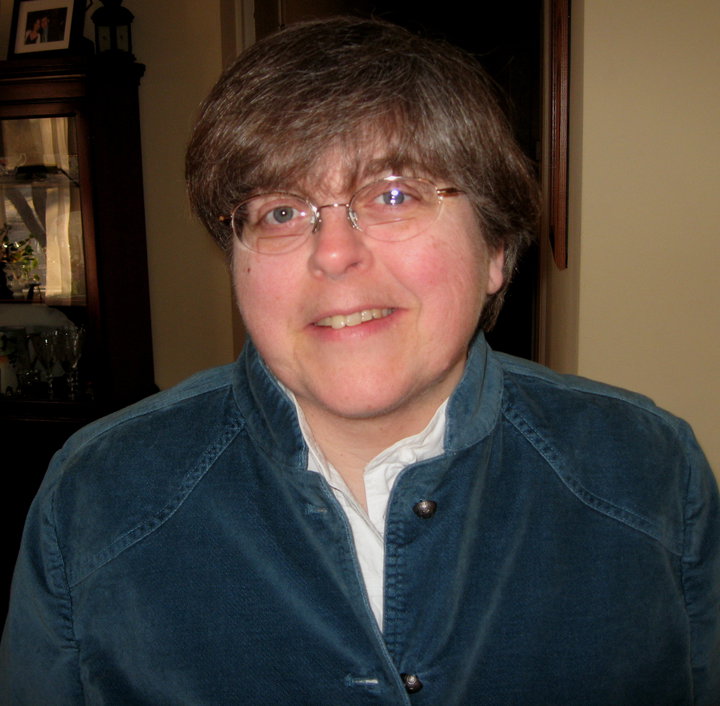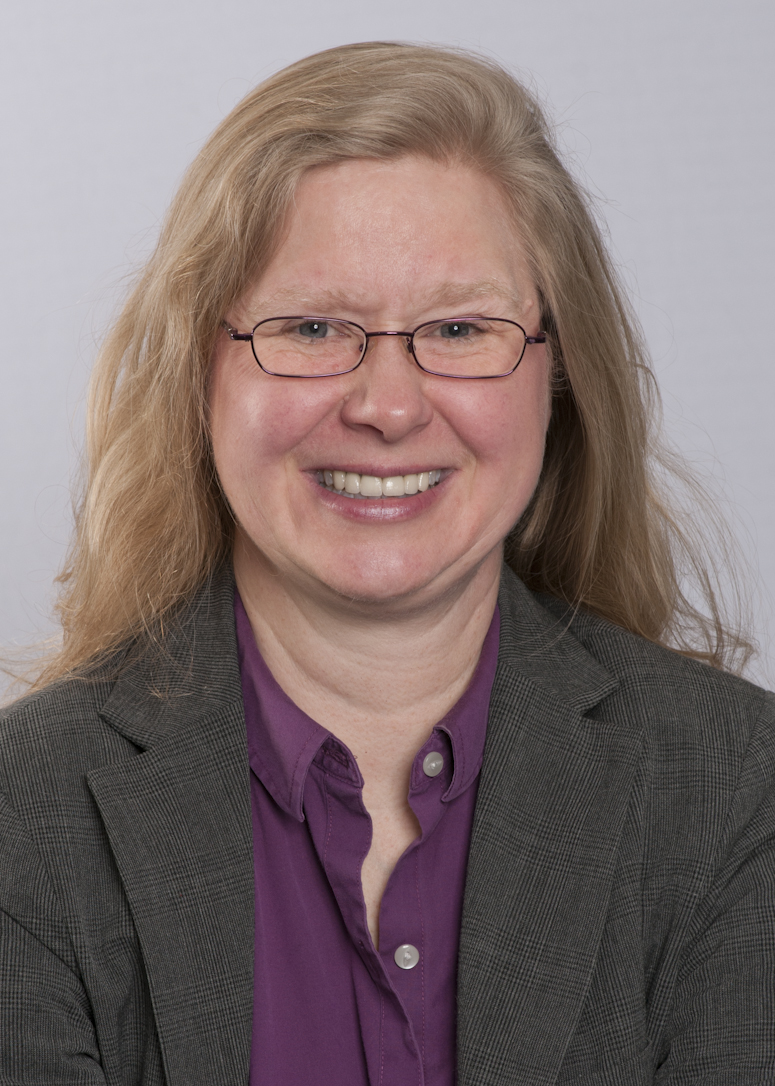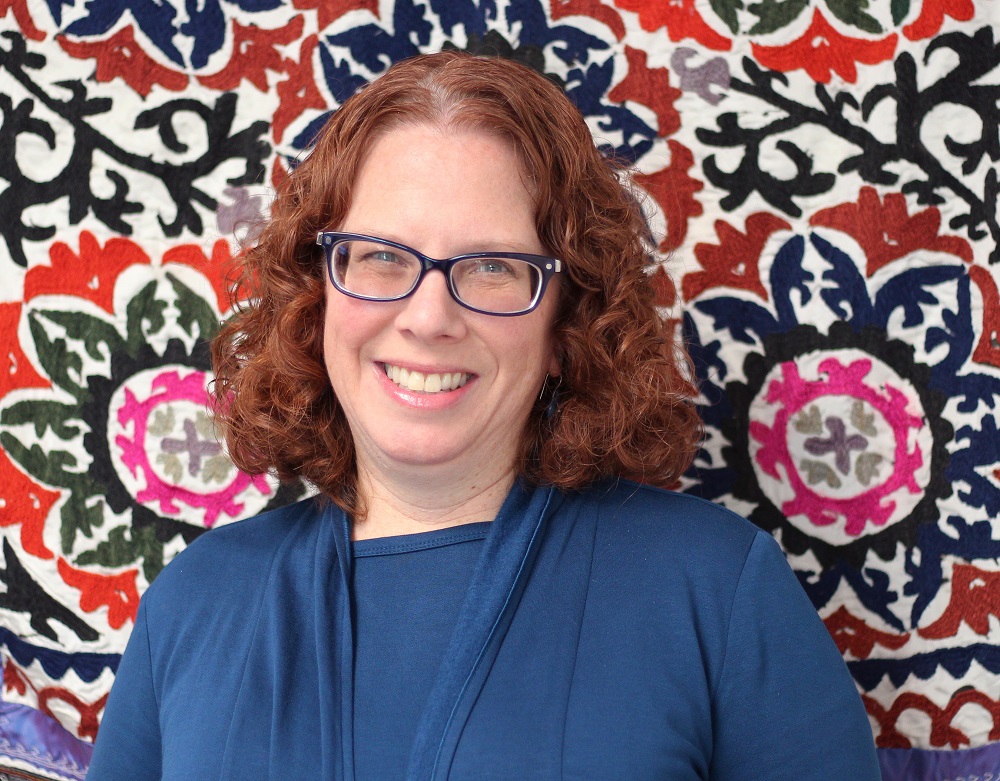Wayne State Women Warriors
Wayne State University is the home to some outstanding women professors and researchers. For women's history month, CLAS wants to highlight the hard work and dedication our women faculty have put into their research.
Here are some examples of the hard work of our women warriors:
 Elizabeth Faue, a professor and department chair in history, is currently researching occupational health and safety history. She focuses on how it has been rediscovered and re-defined since the 1960s, adapting to women's increased labor force participation (and their exposure to occupational hazards) while expanding what constitutes occupational hazards. Faue said that in the pandemic, occupational risk had been defined to include transmitting infectious disease and the increased risk for health care workers.
Elizabeth Faue, a professor and department chair in history, is currently researching occupational health and safety history. She focuses on how it has been rediscovered and re-defined since the 1960s, adapting to women's increased labor force participation (and their exposure to occupational hazards) while expanding what constitutes occupational hazards. Faue said that in the pandemic, occupational risk had been defined to include transmitting infectious disease and the increased risk for health care workers.
As a woman in history and academia, Faue said she went through different challenges. She went to graduate school when feminism had already made significant changes in society and said she was interested in the study of gender history and women workers while in school.
"I went to graduate school at a time when feminism--the women's movement--had already made significant changes. I was interested in gender history and women workers, and my research defined the limits and opportunities open to me. I was and remain aware of sex and gender discrimination and bias in the practice of institutions and faculty and administrators," said Faue.
 Karen Myhr, an assistant professor in the biology department, is currently researching STEM education. Myhr said that the grant from NSF is aimed to support faculty in implementing or expanding their use of evidence-based practices in their courses. This support for these education programs comes from workshops, guest speakers, STEM peer mentors/learning assistants, and faculty learning communities.
Karen Myhr, an assistant professor in the biology department, is currently researching STEM education. Myhr said that the grant from NSF is aimed to support faculty in implementing or expanding their use of evidence-based practices in their courses. This support for these education programs comes from workshops, guest speakers, STEM peer mentors/learning assistants, and faculty learning communities.
Myhr said being a woman in STEM gives her a unique perspective on situations and problem-solving. She said being a woman gave her a strong sense of belonging, and this perspective has also helped her in the classroom.
"Part of my research includes studying how to encourage practices known to build a sense of belonging for underrepresented groups in classrooms," said Myhr. "While there are many dimensions on which a person may feel underrepresented, many approaches to enhance belonging and learning have been shown to work across a range of identities."

Krista Brumley, an associate professor in the sociology department, is currently researching gender, work-family, and organization. Brumley said she is working on two main research projects. The first is a collaborative project to examine how work, family, and social well-being among dual-income couples have changed within the context of COVID-19. The second research project is a study on professional and managerial employees in the automotive industry by examining flexible work arrangements, career advancement, and work-family conflict of both women and men.
Brumley described being a woman social scientist as challenging, in both inspirational and difficult ways. Brumley said that this job is about perseverance and persistence because the rewards are incredible. She said she loved her job despite the occasional challenge because it gave her a place to do what she loved.
"Academia has provided the space to do what I love, and I wouldn't trade that job for another. It has also forced me to find new ways to have a voice when it feels like no one is listening," said Brumley.